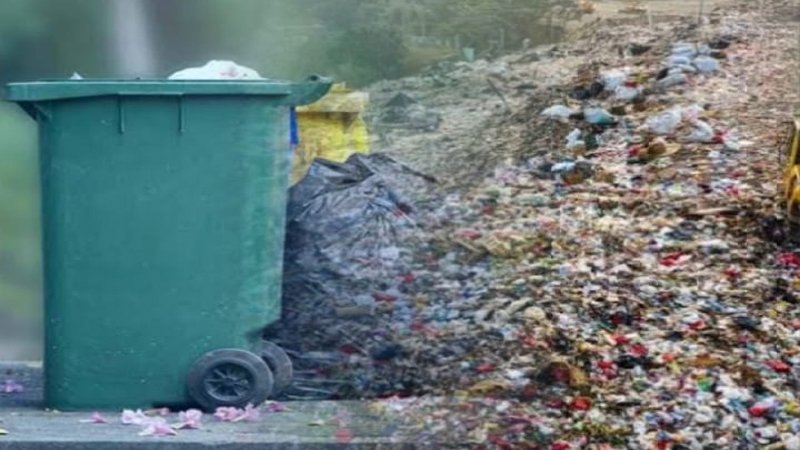The MoCCC informed a Senate panel that Pakistan generated approximately three million tons of plastic waste in 2022, with the figure expected to rise to 12 million by 2040.

The Ministry of Climate Change and Coordination (MoCCC) informed a Senate committee on Tuesday that Pakistan had joined the Global Plastic Action Partnership to reduce plastic waste and work on various waste recycling projects.
The Global Plastic Action Partnership (GPAP) is a multi-stakeholder platform dedicated to putting pledges to reduce plastic pollution and waste into action.
The MoCCC also informed a Senate panel that Pakistan generated approximately three million tons of plastic waste in 2022, with the figure expected to rise to 12 million by 2040 if no immediate action was taken. Instead of banning plastic, the chairman of the committee believes that efforts should be made to find a suitable substitute.
Senator Seemee Ezdi presided over a meeting of the Senate Standing Committee on Climate Change. The officials also informed the panel that the ministry was collaborating with international partners to develop environmentally friendly solutions for recycling plastic waste.
Senator Asad Ali Junejo raised a public concern about tailpipe emissions in cars and their effects on climate change, which the committee discussed.
According to Junejo, recent studies have shown that transportation and industry play a significant role in deteriorating climate effects.
He went on to say that regulations should be put in place to make it mandatory for vehicles to have their emissions tested every three years in order to reduce the effects of the transportation industry on the environment.
Senator Ezdi stated that a bill on the same subject has already been passed and is awaiting consideration in the National Assembly.
Mussadiq A. Khan, Additional Secretary at the MoCCC, stated that the Vehicles Inspection Cell should be included in the project. Senator Junejo, on the other hand, believes that, in addition to the cell, the Excise and Taxation Department should be invited to shed light on the matter.
The committee postponed the discussion and directed the ministry to meet with the excise department and the Vehicle Inspection Cell and report back to the panel. The committee also addressed a matter referred by the Senate chairman concerning a calcium carbonate factory in Rawalpindi District.
The petitioner informed the committee that the chemical factory is operating in a residential area of Rawalpindi without a permit. He insisted that, despite requests to the local administration and the Punjab Environmental Department, no action had been taken against the factory.
Senator Ezdi stated that the matter is within the province’s jurisdiction and that the committee is not authorised to take up the matter. Senator Sherry Rehman rejected the government’s proposal to place the Islamabad Wildlife Management Board (IWMB) under the ministry of interior.
Senator Ezdi questioned the feasibility of other forests located in different provinces of the country. Officials told the senate committee that production of mangrove trees has increased by 300 percent since 1990 and that one hectre of mangrove creates eight credits annually. Senator Ezdi also questioned the feasibility of other forests located in different provinces of the country.
Officials stated that the provinces were conducting feasibility studies on other forests, which would be completed soon. Senators Taj Haider, Mushahid Hussain Sayed, Dr. Humayun Mohmand, Keshoo Bai, Imamuddin Shouqeen, Asad Junejo, Sherry Rehman, and other officials attended the meeting.